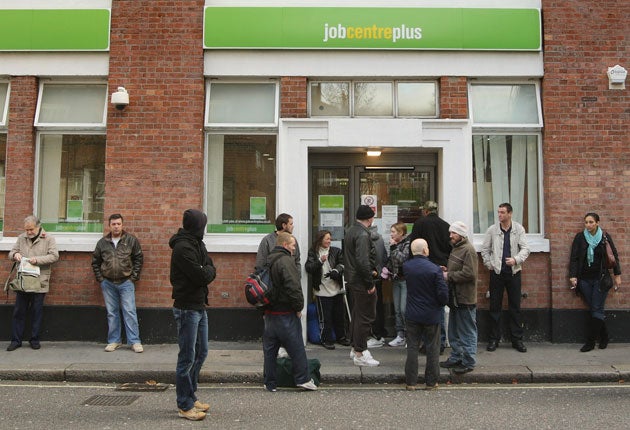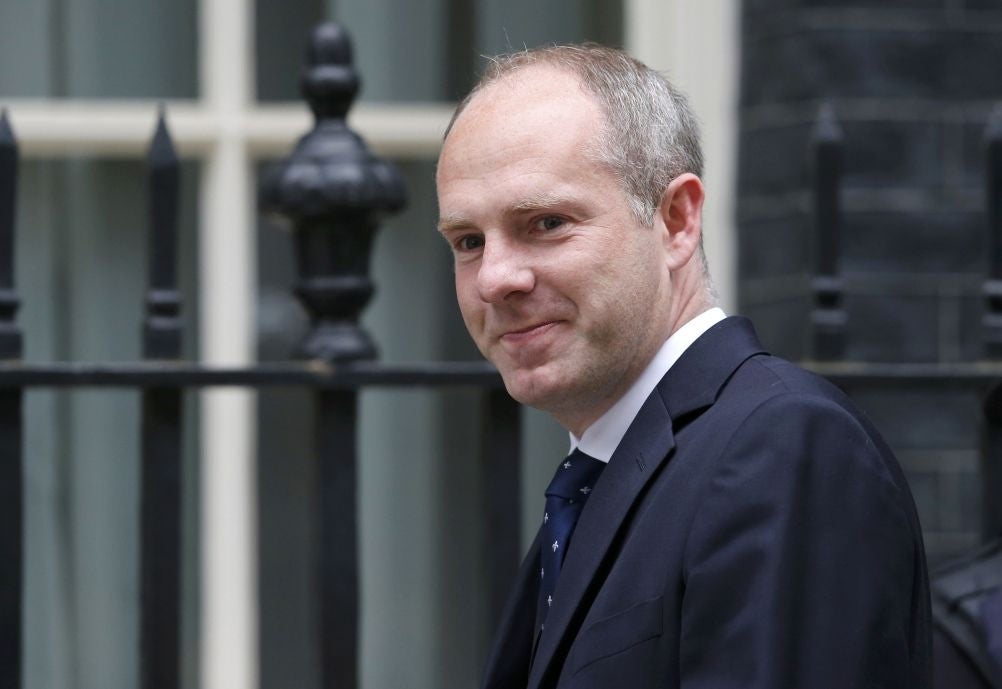Tories blame unemployment’s continuing rise on the SNP and Labour
DWP minister Justin Tomlinson downplayed the job market's poor performance

Ministers have blamed unemployment’s continuing rise on the SNP and Labour.
Jobless numbers unexpectedly rose for the second month in a row by 25,000 to 1.85 million, the Office for National Statistics announced on Wednesday morning.
DWP minister Justin Tomlinson took to Sky News to downplay the rise and argued that the bad economic news was the fault of the opposition parties and not the Government.
“What we are seeing is that during that election period – and I know as a former businessperson myself – it’s not unreasonable when you’ve got an SNP-Labour anti-business agenda ahead in the polls that businesses pause,” he said.

“Since the Budget, since the decisive general election result we are now seeing those vacancies increasing again combined with strong economic growth and rising wages which looks like we will see further positive news coming forward.”
The implication of the minister’s claim is that people were made unemployed because the SNP and Labour were doing well in the polls.
The figures are three-month averages from April to June and so mostly reflect economic activity after the election, which was at the beginning of May.
Unemployment in Scotland, where the SNP govern, also bucked the UK trend and fell - casting doubt on the minister's claims.
The unemployment rate for the same period was 5.6 per cent, slightly higher than the previous month but still down on the same time last year.
The rise was not expected by most analysts. The second consecutive month of poor performance bucks the trend of rapid falls in jobless numbers during 2014.
Polls before the general election in May suggested that Labour would be likely to form the next government with the help of the SNP. Polls did not acutely predict the result, however.
Surveys conducted after the election suggest that antipathy to the SNP’s involvement in government was one reason voters in English marginal seats shied away from voting Labour.
Join our commenting forum
Join thought-provoking conversations, follow other Independent readers and see their replies
Comments
Bookmark popover
Removed from bookmarks